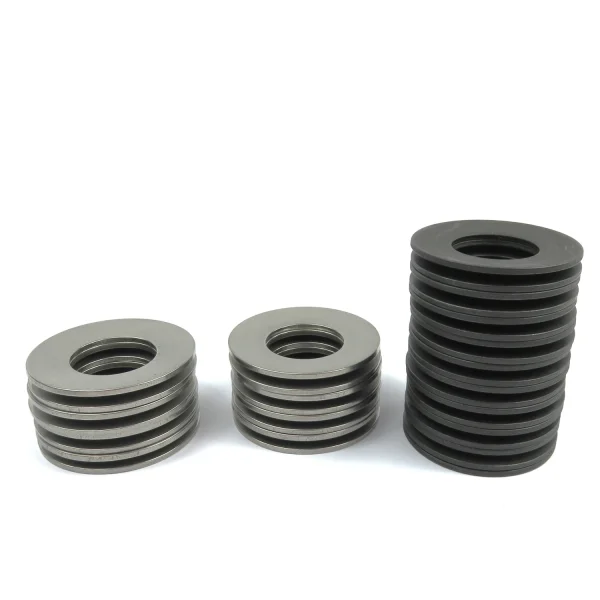When it comes to maintaining a chainsaw, one of the most critical yet often overlooked aspects is the use of bar and chain oil. This specialized lubricant plays a vital role in ensuring the longevity and efficiency of your chainsaw. But what happens if you neglect to use it? In this article, we will explore the repercussions of not using bar and chain oil, the mechanics behind its importance, and best practices for chainsaw maintenance.
Understanding Bar and Chain Oil
Bar and chain oil is specifically formulated to reduce friction and wear on the chainsaw's bar and chain. Unlike regular motor oil, which may not adhere well to the metal surfaces, bar and chain oil has a tacky consistency that allows it to cling to the components, providing a protective layer. This oil serves several essential functions:
- Lubrication: It minimizes friction between the moving parts, reducing wear and tear.
- Cooling: The oil helps dissipate heat generated during operation, preventing overheating.
- Protection: It acts as a barrier against rust and corrosion, extending the lifespan of the chainsaw.
The Consequences of Skipping Bar and Chain Oil
Neglecting to use bar and chain oil can lead to a series of detrimental effects on your chainsaw, including:
- Increased Wear and Tear
Without proper lubrication, the chain and bar experience excessive friction. This can lead to accelerated wear, resulting in a shorter lifespan for both components. Over time, you may find yourself needing to replace the chain or bar much sooner than expected, leading to increased maintenance costs.
- Overheating
Chainsaws generate significant heat during operation, especially when cutting through dense wood. Bar and chain oil helps to dissipate this heat. Without it, the chainsaw can overheat, leading to potential damage to the engine and other internal components. Overheating can also cause the chain to stretch, leading to poor cutting performance and the need for frequent adjustments.
- Reduced Cutting Efficiency
A well-lubricated chain glides smoothly through wood, providing clean and efficient cuts. When bar and chain oil is absent, the chain can become dull more quickly, resulting in a decrease in cutting efficiency. This not only makes your work harder but can also lead to safety hazards, as a dull chain requires more force to cut, increasing the risk of kickback.
- Increased Risk of Chain Breakage
The chain is under constant tension and stress during operation. Without adequate lubrication, the likelihood of chain breakage increases significantly. A broken chain can lead to serious injuries and damage to the chainsaw, resulting in costly repairs and downtime.
- Corrosion and Rust
Chainsaws are often exposed to moisture, especially when used outdoors. Bar and chain oil provides a protective barrier against rust and corrosion. Without it, the metal components of the chainsaw are vulnerable to oxidation, which can compromise the integrity of the tool and lead to premature failure.
Best Practices for Using Bar and Chain Oil
To ensure optimal performance and longevity of your chainsaw, consider the following best practices regarding bar and chain oil:
- Use the Right Oil: Always use high-quality bar and chain oil specifically designed for your chainsaw. Avoid using motor oil or other substitutes, as they may not provide the necessary lubrication and protection.
- Regular Maintenance: Check the oil reservoir before each use and refill as needed. Regularly inspect the bar and chain for signs of wear and ensure that the oiling system is functioning correctly.
- Clean the Bar and Chain: After each use, clean the bar and chain to remove any debris or sawdust that may have accumulated. This helps maintain proper lubrication and prevents clogging of the oiling system.
- Store Properly: When not in use, store your chainsaw in a dry place and consider applying a light coat of oil to the bar and chain to protect against rust.
Conclusion
In summary, neglecting to use bar and chain oil can have severe consequences for your chainsaw's performance and longevity. From increased wear and tear to potential overheating and chain breakage, the risks are significant. By understanding the importance of this specialized lubricant and adhering to best practices for chainsaw maintenance, you can ensure that your tool remains in optimal condition, providing you with reliable performance for years to come. Remember, a well-maintained chainsaw is not only more efficient but also safer to operate, making the use of bar and chain oil an essential part of your chainsaw care routine.



More Stories
Where Are Standard Disc Springs Used? Applications Across Various Industries
Common Installation Mistakes with Electrofusion Fittings and How to Avoid Them
How Wooden Tripods Enhance Precision in Engineering Surveys